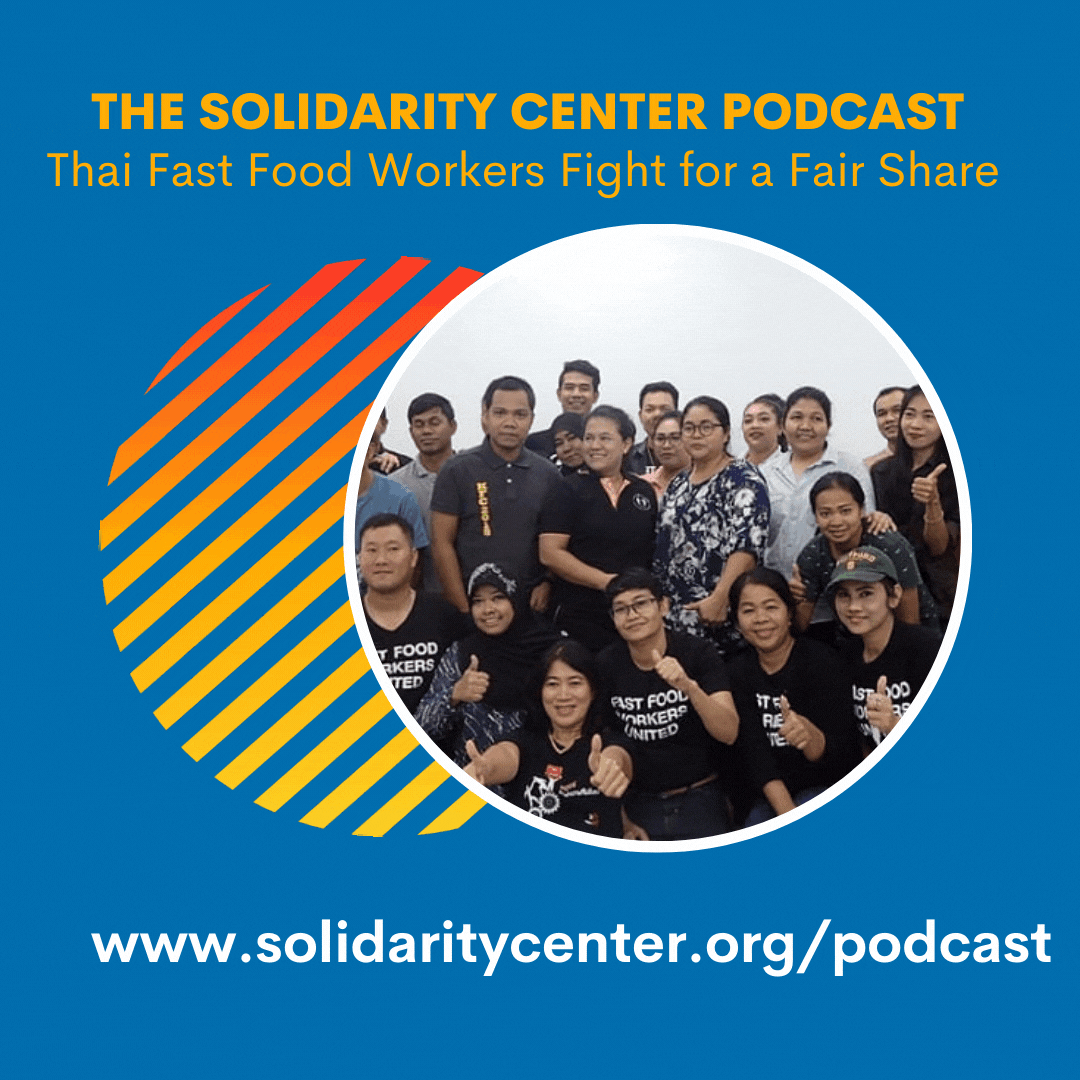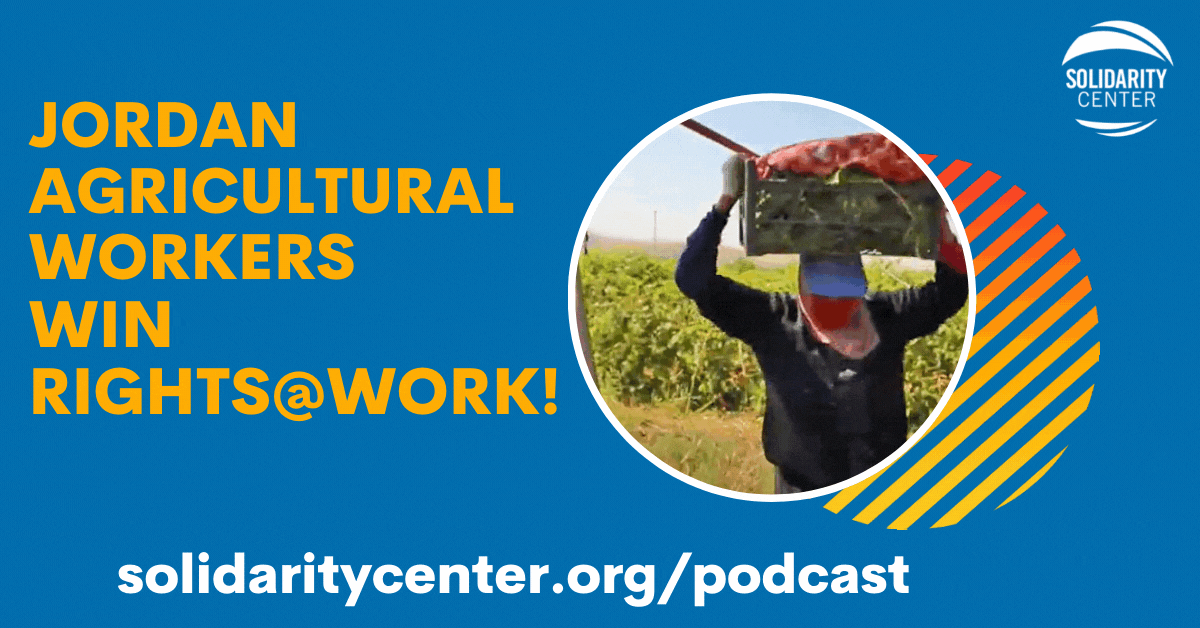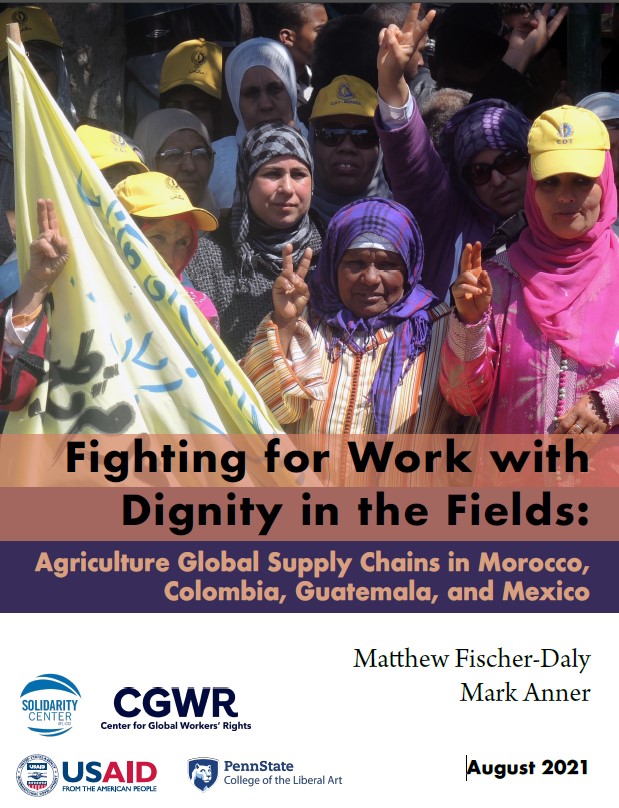The Fight for $15 movement in the United States, in which workers seek a living wage and a union, is part of a global struggle by fast food workers often employed by the same multinational corporations that make massive profits even as their employees struggle to get...
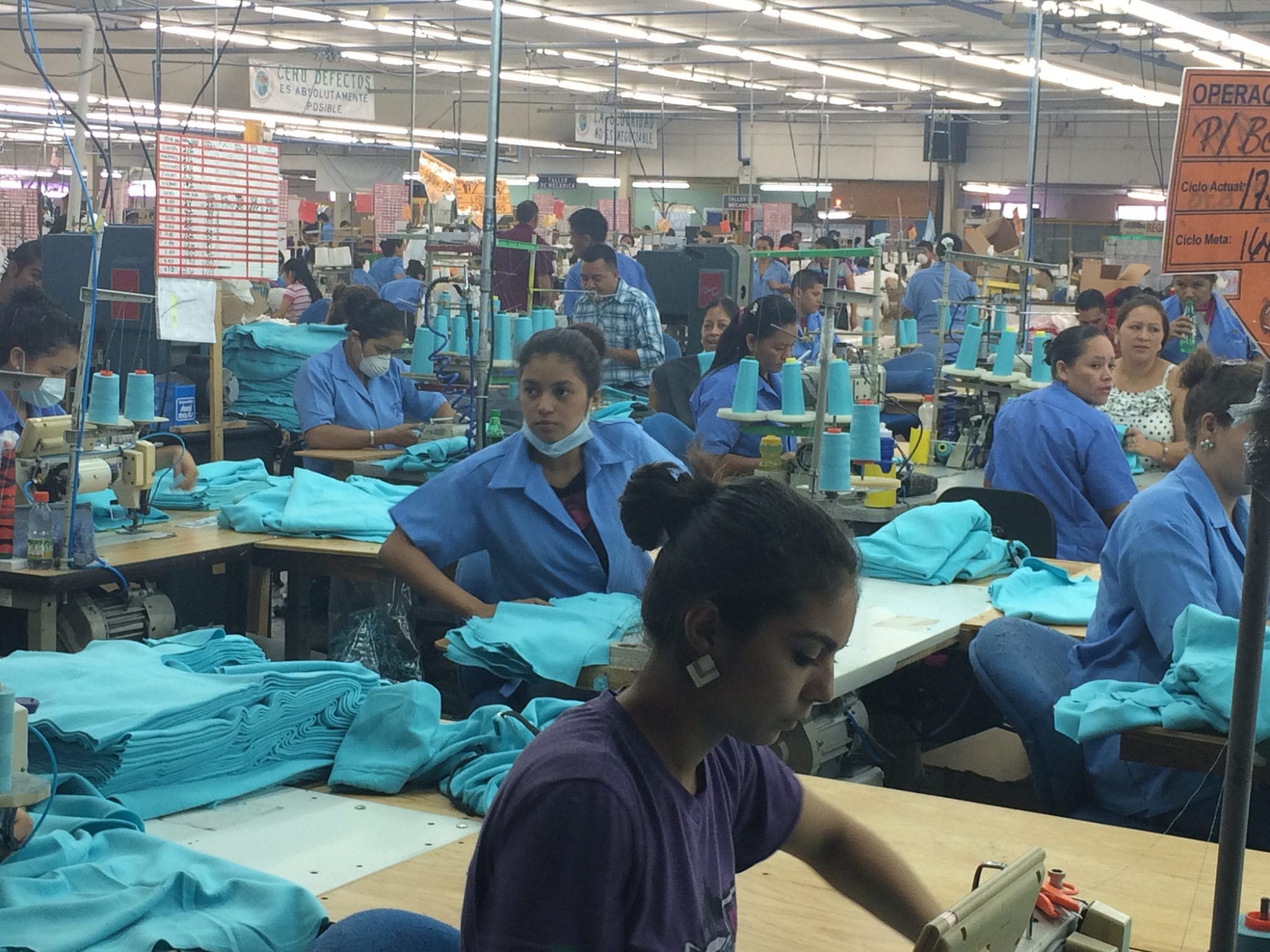
More than 40,000 garment workers in Honduras are now covered by collective bargaining agreements following long-time Solidarity Center support for organizing. Credit: Solidarity Center/Molly McCoy
Unions promote a higher level of economic equality in societies and are a fundamental element of a free and democratic society. Freedom of association—workers’ right to form and join unions and pursue a voice on the job and in their communities—is the foundation for worker rights.
The Solidarity Center trains union organizers and provides support for unions around the world. We support organizing campaigns, educate workers about their legal right to form a union and promote strong labor laws.
The Solidarity Center works directly on the ground with workers to form unions and win collective bargaining agreements. For instance, in Cambodia, 8,000 hotel and casino workers at Nagaworld casino won large wage increases and reinstatement of their dismissed union president following Solidarity Center union organizing support and legal assistance. And in Honduras, long-time Solidarity Center support for organizing has resulted in more than 40,000 garment workers, mostly women, now covered by collective bargaining agreements.
Read the “Rights to Freedom of Peaceful Assembly and of Association” report presented in 2016 to the United Nations.
Podcast: Jordan Agricultural Workers Win Rights@Work!
Some of the most essential workers are also among the most overlooked—the women and men who plant, harvest and transport our fruits and vegetables, ensuring our tables are full every day, and especially during the COVID-19 pandemic. Worldwide, they also are among...
Unions Protect Agricultural Workers’ Rights: Report
Where unions establish collective bargaining, they initiate the strongest mechanism for protecting agricultural workers’ rights, health and dignity according to a new report prepared for the Solidarity Center by researchers at Penn State’s Center for Global Workers’...
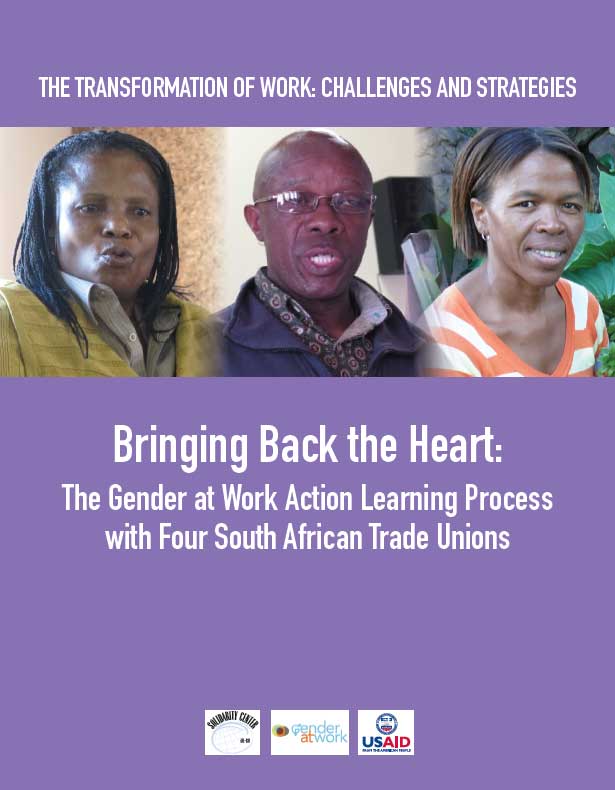
Bringing Back the Heart: The Gender at Work Action Learning Process with Four South African Unions (2013)
Four South African unions took part in a unique process with the South Africa Gender Action Learning Program and Labour Research Service to challenge male–dominated, hierarchical cultures. This report describes the step-by-step journey that led to more women joining...
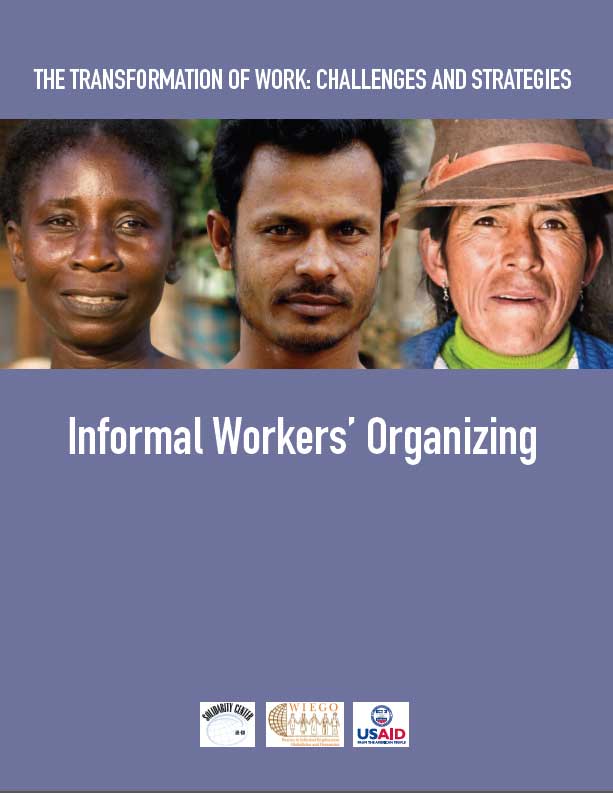
Informal Workers’ Organizing (WIEGO, 2013)
In overviewing self-organizing among such informal economy workers as waste pickers, domestic workers and construction workers, this report finds the lines are increasingly blurred between jobs in the formal and informal economies. This Solidarity Center report is...
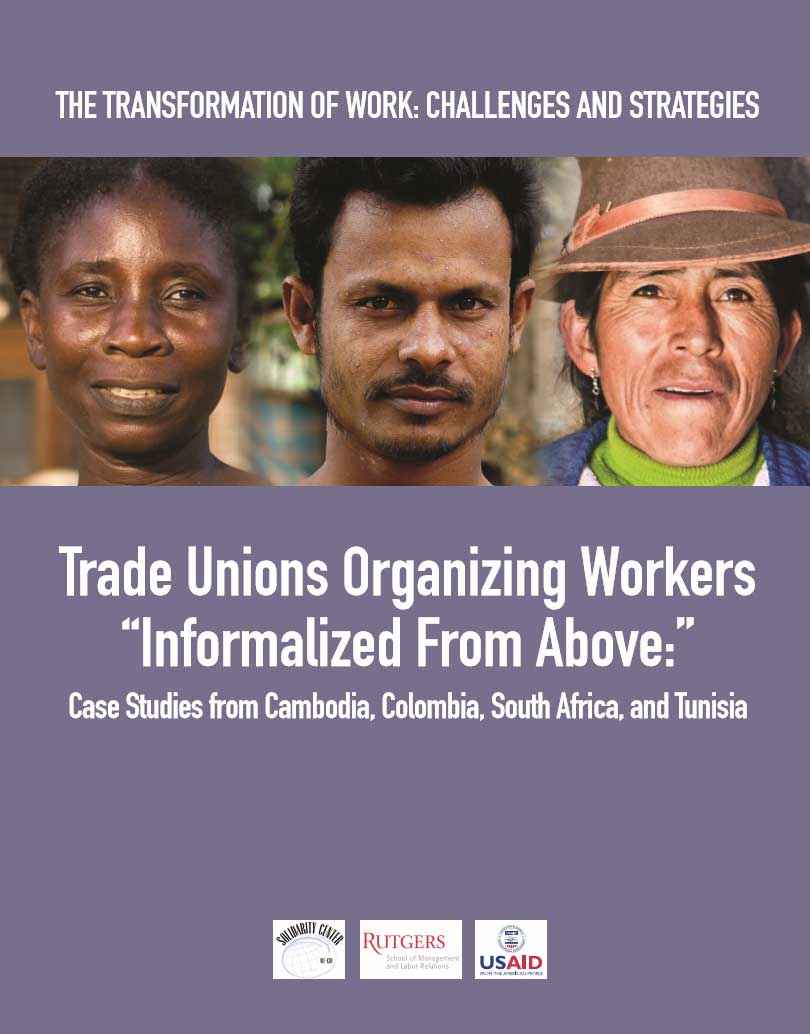
Trade Unions Organizing Workers “Informalized from Above”: Case Studies from Cambodia, Colombia, South Africa and Tunisia (Rutgers, 2013)
Four case studies examine successful union organizing among workers whose jobs have been privatized, outsourced or contracted out. This Solidarity Center report is part of a multiyear research project, funded by the U.S. Agency forInternational Development, to study...
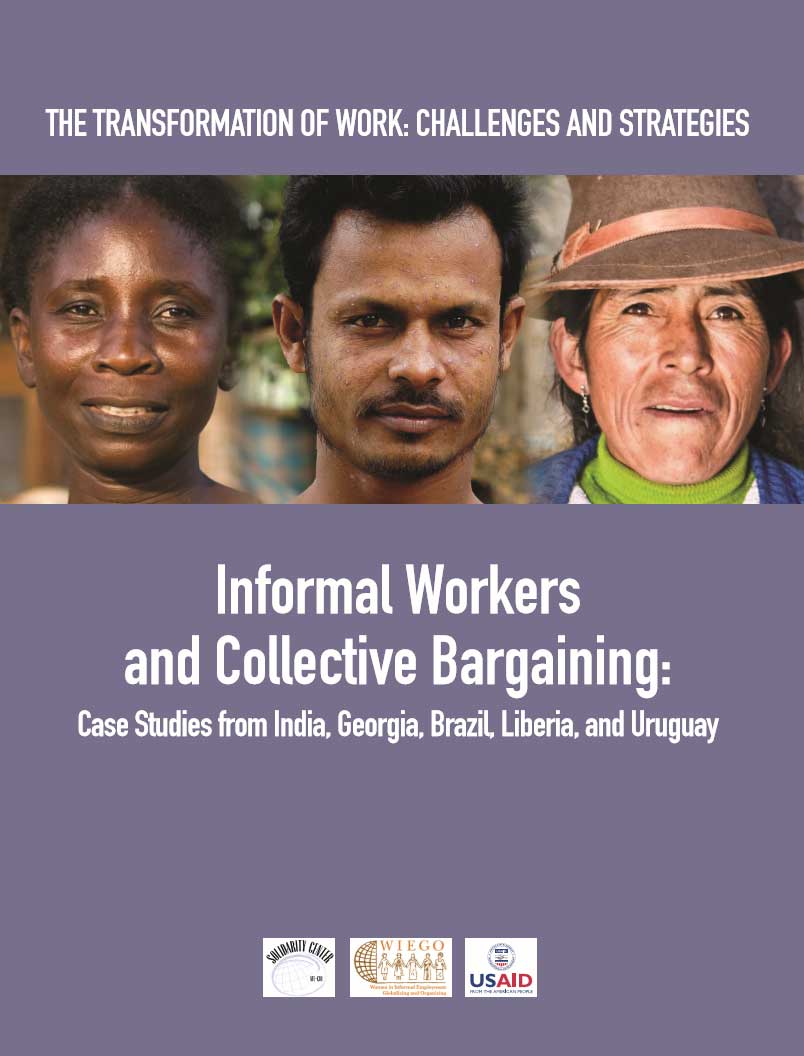
Informal Workers and Collective Bargaining: Case Studies from India, Georgia, Brazil, Liberia and Uruguay (WIEGO, 2013)
This report details a set of case studies on collective bargaining by informal workers in four different countries: Waste pickers in Minas Gerais state in Brazil, beedi workers in India, Georgia minibus taxi workers and street vendors in Monrovia, Liberia. The study...
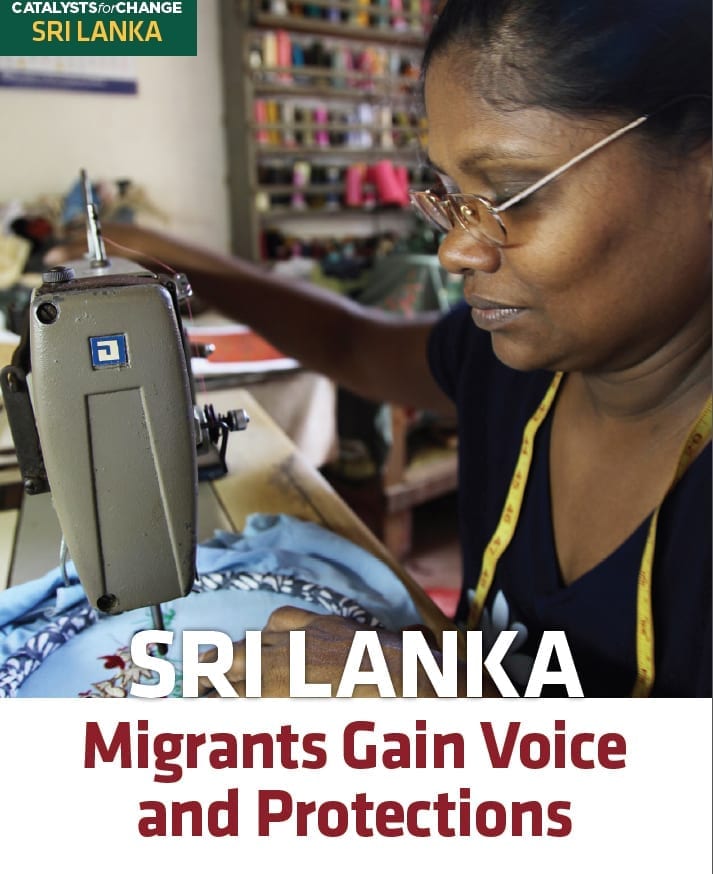
SRI LANKA: Migrants Gain Voice and Protections (2013)
The Migrant Services Center, a Solidarity Center partner, is assisting migrant workers and their families in Sri Lanka while championing structural change through legislative and governmental processes, and offers a model for other labor and worker rights...
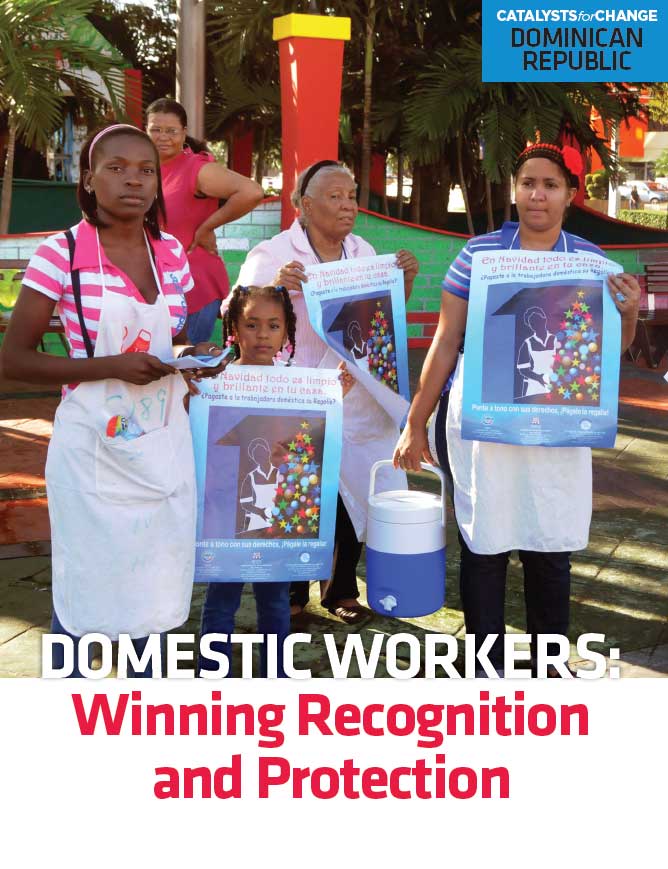
DOMESTIC WORKERS: Winning Recognition and Protection (2013)
Many domestic workers around the world are vulnerable to exploitation and not recognized by national labor laws. But in the Dominican Republic, domestic workers have campaigned to make gains over the last two decades—and a new Solidarity Center report shows how....

